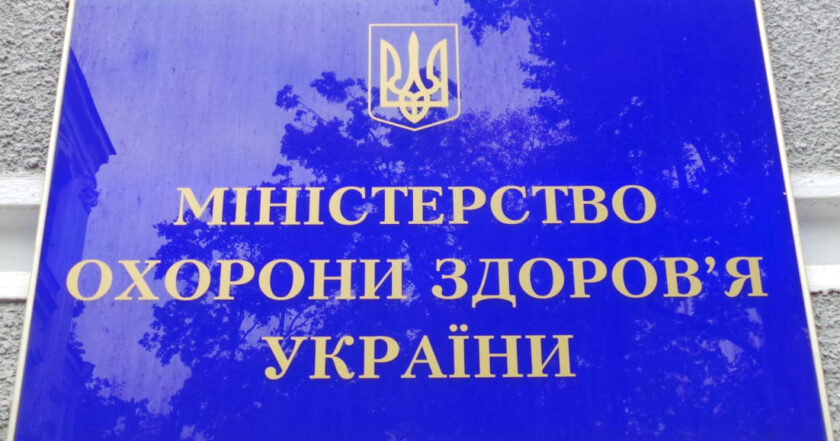Ministry of Health inspects hospitals and labs to prevent infectious diseases spread in flood-affected regions

In the southern regions, the Ministry of Health inspects hospitals and water supply laboratories to prevent the spread of infectious diseases, particularly cholera.
Health Minister Viktor Liashko told journalists about this, Ukrinform reports.
What is the problem?
On June 6, the Russians blew up the Kakhovka HPP dam. The station was destroyed; it cannot be restored.
On June 7, chief state sanitary doctor Kuzin said Ukraine was ready to respond quickly to cholera outbreaks.
On June 9, the Ministry of Health denied reports of a cholera epidemic in the flooded Kherson region.
In the Kherson region, 84 monitoring groups of the Disease Control and Prevention Centers of 4 regions carry out water control for the population. Additionally, the Mykolaiv and Kherson regions have procured several tablets to purify drinking water, which should be sufficient for several months to provide to the Kherson region's citizens.
What is the solution?
"Centers for Disease Control and Prevention are equipped with everything to monitor (water samples – ed.). However, we are constantly strengthening the Kherson and Mykolaiv centers because they are currently under the greatest load. At the same time, we are preparing a system for a possible increase in the number of cases of intestinal infections. And this week, the chief state sanitary doctor of the country is working in Kherson and Mykolaiv to inspect all the laboratories, both in hospitals and in the communal economy, water utilities, so that we can, if there are cases (of diseases – ed.), carry out timely diagnosis and identification, which case of the disease and which causative agent led to this disease," said Liashko.
How does it work?
He added that during the COVID-19 pandemic, the capabilities of laboratories to conduct PCR diagnostics were strengthened.
"We now mainly import reagents for PCR tests because they make it possible to identify the pathogen much faster. For example, we already have PCR systems for diagnosing cholera, and for every case of intestinal infection that is symptomatically similar to cholera, we will diagnose quickly. This will allow us to distribute the flow of patients according to each disease," Liashko said.
According to him, on the first day after Russia blew up the Kakhovka HPP, WHO provided Ukraine with kits to diagnose and treat acute intestinal infections.
Before that, as the minister added, WHO provided Ukraine with such kits to diagnose and treat cholera for 20,000 patients. WHO also provided reagents for the Centers for Disease Control and Prevention.
Viktor Liashko emphasized that now the WHO Bureau in Ukraine is accumulating aid for Ukraine, which is connected precisely with the aggravation of the epidemic situation in the south of the country due to the Russian troops' undermining of the Kakhovka HPP.
The minister reminded that currently, no case of cholera has been detected in Ukraine.






















































